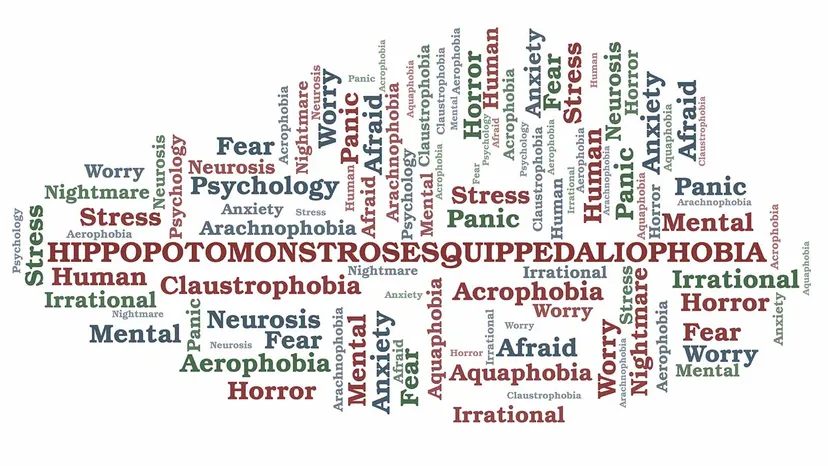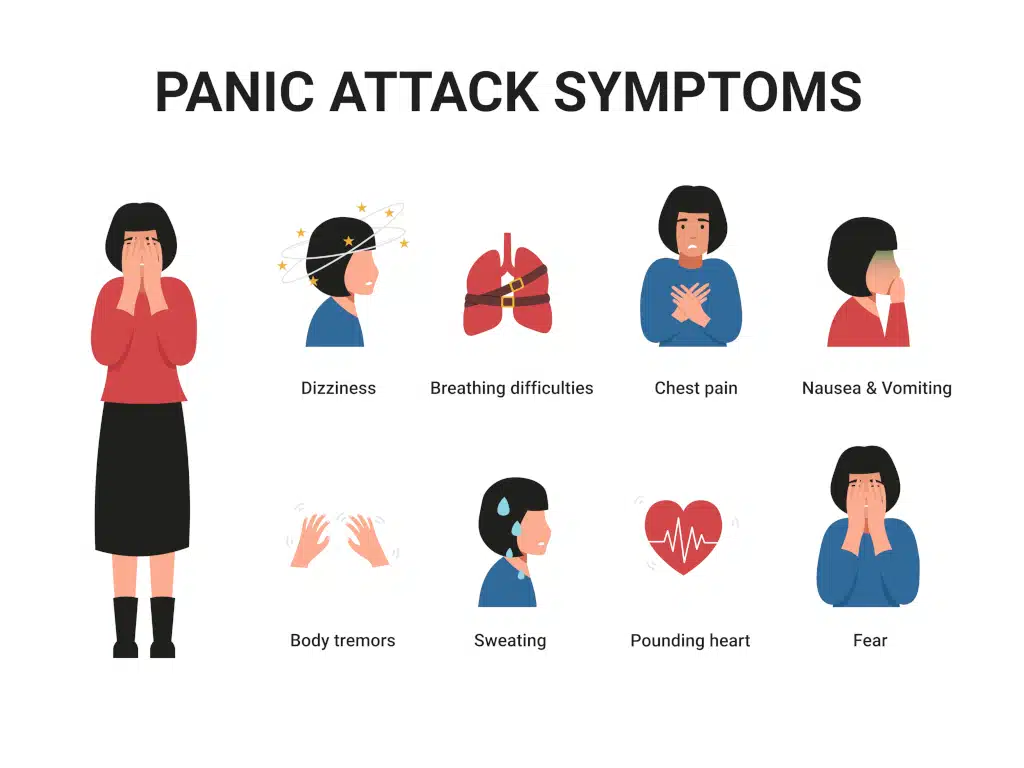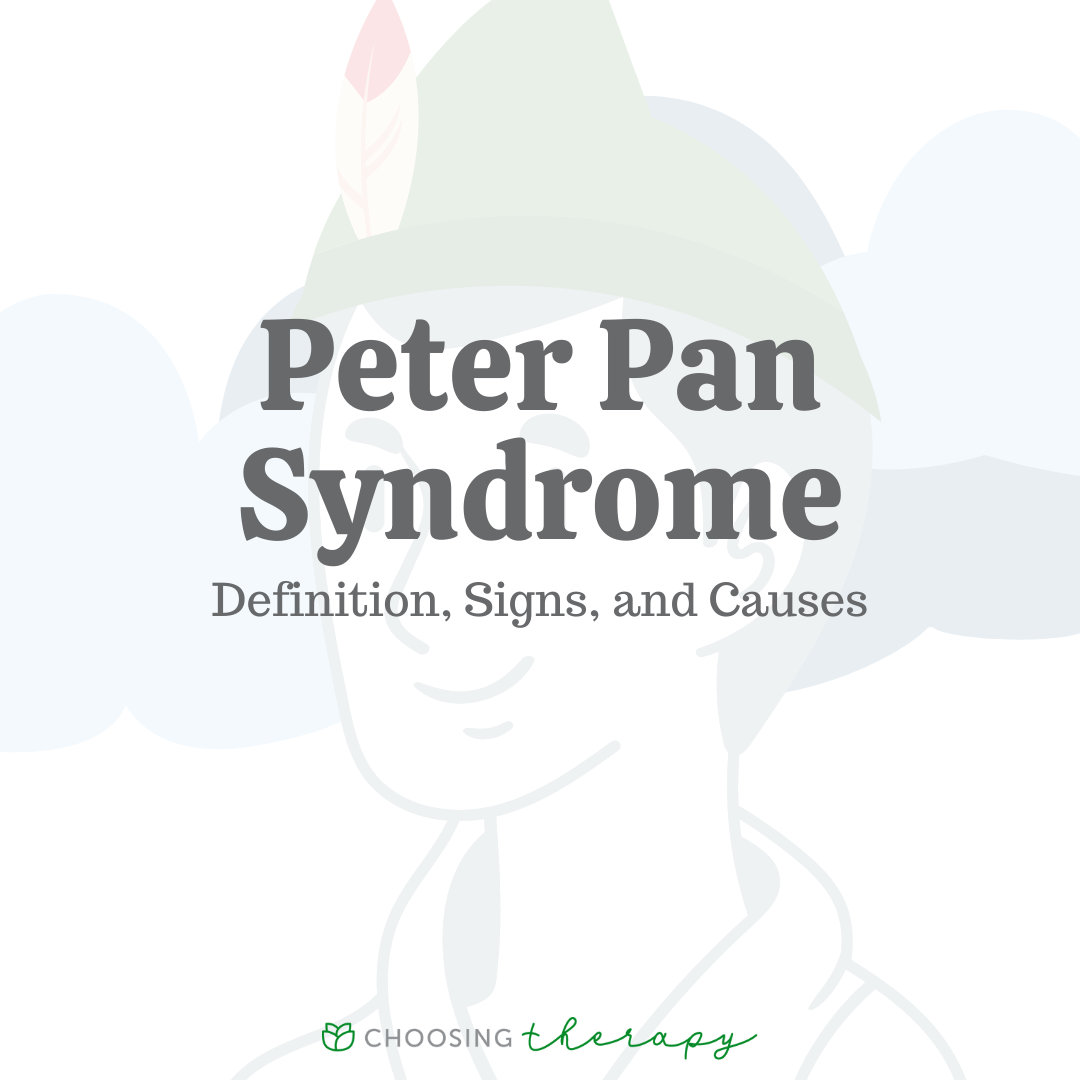Fear of Long Words
Long-word phobia, or hippopotomonstrosesquipedaliophobia, is a specific term. Stress or anxiety may result from guilt or fear of being ridiculed for mispronouncing difficult words. Since phobia is not officially recognized as a disease, further research is required.
Ironically, the term for fear of loud words is hippopotomonstrosesquipedaliophobia, one of the most extended terms in the dictionary. The phobia is also known as sesquipedalophobia. If you or someone you know experiences this fear, keep reading to learn about its causes, symptoms, and coping mechanisms!
What is Hippopotomonstrosesquippedaliophobia?
Due to its highly individualistic nature, hippopotomonstrosesquipedaliophobia can vary significantly from person to person. For example, some people fear long words with several syllables, while others fear unclear words. Some people are even scared of popular terms that are a little longer. However, their relative rarity does not reduce the devastation they can cause to their owners.
Although it is not officially recognized, hippopotomonstrosesquipedaliophobia, or fear of words, is nevertheless considered a social phobia. To identify this phobia and other social phobias, some healthcare providers turn to the Diagnostic and Statistical Manual of Mental Disorders (DSM-5). The DSM-5 lists the following criteria for social phobias:
- Anxiety and fear are disproportionate to the social context.
- Constant anxiety and severe avoidance of social situations.
- Clinical distress is caused by fear, anxiety, or avoidance.
- Fear or anxiety is associated with social settings where a person has to interact or talk with others.
You should see your doctor immediately if you think you may have any form of hippopotomonstrosesquipedaliophobia or social anxiety. Your healthcare provider will make sure that there are no underlying conditions that may be causing anxiety or panic disorders.
Symptoms of Hippopotomonstrosesquipedaliophobia
People may experience symptoms when they see a long word, such as “anti-dissystemarianism.” As a result, a person who has hippopotomonstrosesquipedaliophobia may experience anxiety and fear. They may also avoid reading to avoid seeing long words that might make them anxious. These are a few typical symptoms.
Anxiety: When faced with long words, those who have this fear become extremely anxious.
Physical reactions: Possible symptoms include sweating, trembling, rapid heartbeat and shortness of breath.
Avoidance behavior: Affected people may go to great lengths to avoid circumstances that might expose them to long phrases, such as avoiding certain books or conversations.
Psychological suffering: Serious psychological distress affecting daily functioning may result from a fear of long sentences.
Panic attacks: In extreme circumstances, a long-term encounter can trigger a panic attack, which intense terror and a sense of control characterize.
Communication breakdown: People afraid of using big words may need help communicating clearly, both written and spoken.
Causes of Hippopotomonstrosesquipedaliophobia
It is believed that exposure to stressful events or other environmental factors may contribute to the development of anxiety disorders. A person with hippopotomonstrosesquipedaliophobia may have had a terrible experience involving a long word.
Research suggests that genetics may also be involved. Patients suffering from phobic disorders often have a family history of such disorders. People with particular temperaments, such as behavioral inhibition, may be more susceptible to specific phobias. More research is needed to determine the risk factors for developing a phobia of a sure thing, such as a long word.
How to Diagnose It?
People who have this phobia usually never seek medical help. Those who have this phobia will likely work in places where they do not have to hear long words and sentences.
To determine whether you have a phobia or anxiety condition, your doctor will ask you about your symptoms if they become unbearable or if new symptoms develop.
They will also review your medical, social, family and mental health history.
Hippopotomonstrosesquipedaliophobia is not officially recognized as a phobia by either psychiatric or medical societies, so it cannot be diagnosed. However, your doctor can provide general information about phobias and therapeutic recommendations.
Overcoming the Fear
Hippopotomonstrosesquipedaliophobia can be overcome with persistence, patience, and often with the help of a specialist. The following techniques can help people control and ultimately overcome their fear:
CBT, or Cognitive Behavioral Therapy: CBT is a very successful therapeutic strategy for treating specific phobias. By gradually exposing themselves to fearful stimuli in a safe and reassuring environment, people can learn to recognize illogical thoughts about long words and combat them using cognitive behavioral therapy (CBT).
Gradual Exposure: Gradual exposure therapy involves gradually introducing a feared object or situation, starting with less fearful stimuli and gradually moving to more challenging ones. In the case of hippopotomonstrosesquipedaliophobia, this may involve gradually increasing exposure to longer words, starting with shorter ones and building confidence over time.
Relaxation Techniques: When faced with long sentences, people who learn and practice relaxation techniques, including progressive muscle relaxation, deep breathing and meditation, can better control their anxiety symptoms.
Seeking Support: People who have hippopotomonstrosesquipedaliophobia should seek help from friends, family, or mental health professionals. These people can offer motivation, insight, and direction on healing. By connecting you with people who have similar experiences and struggles, online communities and forums can also help develop a sense of mutual understanding and camaraderie.
Self-control Techniques: Self-help techniques such as visualization, desensitization exercises, and positive self-talk can support medical care and give people the tools they need to overcome their fears.
Making some lifestyle changes, including getting enough sleep each night, eating a healthy diet, avoiding stimulants such as caffeine that can worsen anxiety, and directly confronting frightening and anxiety-provoking situations can also help manage the symptoms of your phobia.
The Takeaway
This phobia has few details because the authorities do not recognize it. More research is needed to learn more about anxiety associated with long words and the effects of exposure to triggers. If you have symptoms, consult a counselor or doctor. They can help you identify the source of your fear, understand your symptoms, and develop a plan of action for treatment. You can also get support from friends, family and therapy groups in dealing with your phobia.Don’t worry if you or a loved one has this phobia; see a Better4U therapy for a phobia treatment and therapy plan. Online counseling services are the perfect option if you are looking for the best therapist in your area that fits your budget.










